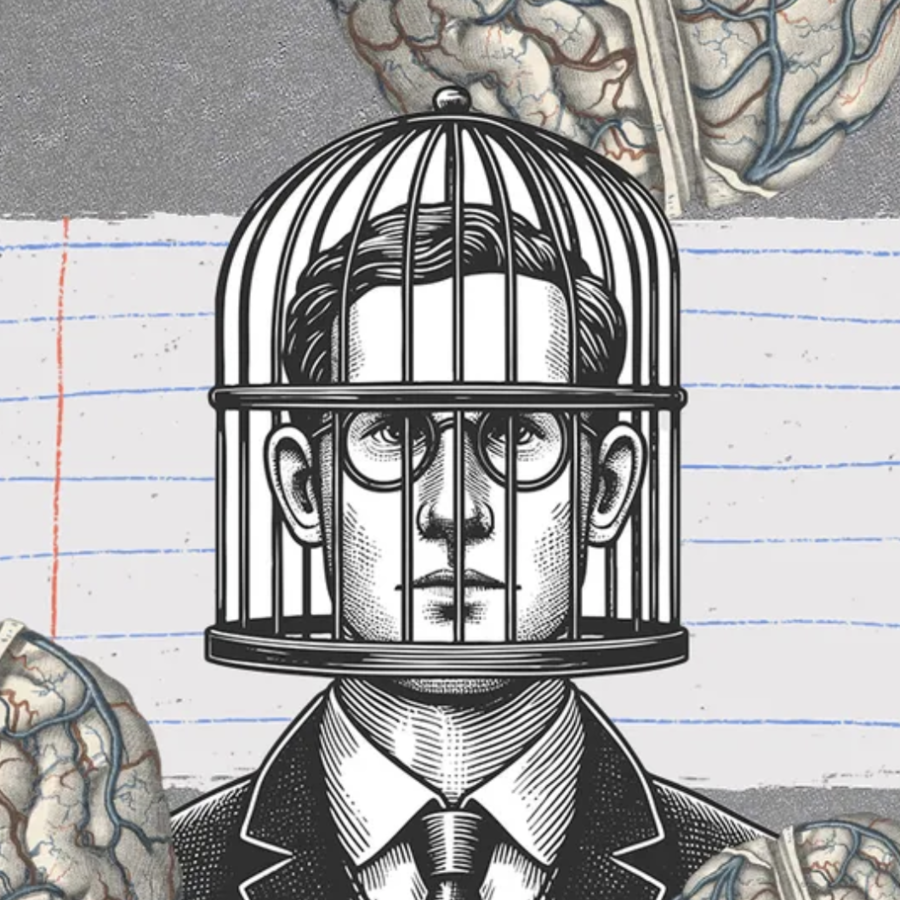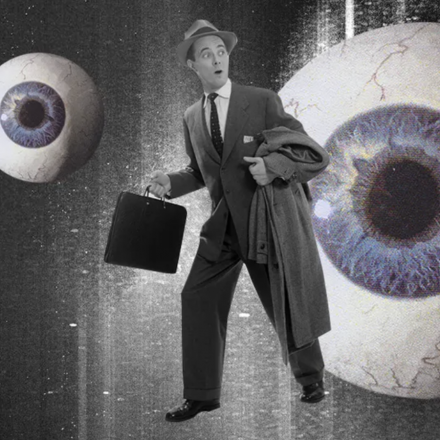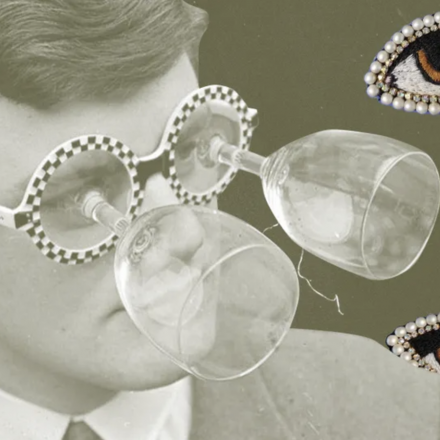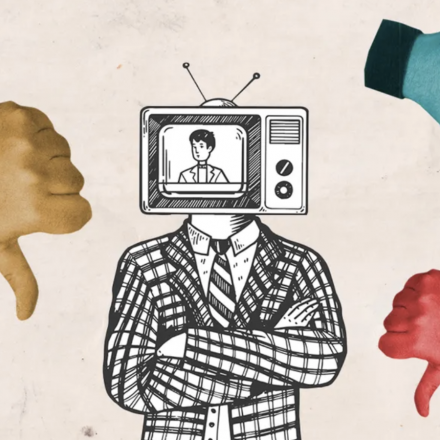We’ve all fallen into this trap: you face a problem—big or small—and instead of taking action, you sit down and start thinking. You analyze, weigh options, run through scenarios, look for pitfalls. Day after day, you think you’ll soon find the perfect solution. But it never comes. Ironically, overthinking doesn’t open the door—it locks it.
Analysis Paralysis: When Your Mind Becomes the Enemy
The main effect is getting stuck collecting information and evaluating risks. Your prefrontal cortex works overtime, but instead of clarity, you feel like you’re drowning in a sea of data. Every “what if” generates new doubts. You’re looking for the perfect solution—but in the real world, it doesn’t exist. The longer you chase perfection, the less likely you are to take the first step. Action is replaced by endless mental simulation, and the problem snowballs.
Emotional Burnout
Constantly thinking feeds anxiety, fear of failure, disappointment, and self-criticism. You enter a vicious cycle of obsessive thinking—rumination. Cortisol spikes, your brain struggles to function, and feelings of helplessness grow. Overthinking makes you a prisoner of your own emotions.
Distorted Reality
When your mind circles around a problem without taking action, you start seeing the world through the lens of fear. Every small detail seems like a threat, difficulties are exaggerated, and your own resources are underestimated. The problem in your head becomes a monster you’re afraid to fight. Solutions become overly complicated or are not made at all.
Missed Opportunities
While you mentally weigh options, life moves on. New opportunities appear and vanish. Quick action, even if imperfect, often provides more information and chances to adjust your course than months of overthinking. Hesitation can turn a solvable problem into a full-blown crisis.
Illusion of Control
Overthinking creates a false sense of control: it feels like you can avoid mistakes by thinking everything through. In reality, true control comes only through action and feedback. Thinking without doing is an escape from reality into a safe but fruitless world of fantasies.
Mental Resource Drain
Your brain is not an endless source of energy. Constant overthinking drains cognitive resources, reducing creativity, focus, and decision-making ability. You spend all your mental energy on a treadmill, without moving toward the finish line.
Losing the Present
When you’re stuck in thoughts about a problem, your attention drifts to the past or a worried future. The present loses focus—and this is exactly where your real power to change things lies. Only action in the present provides control, forward movement, and objective feedback.


















